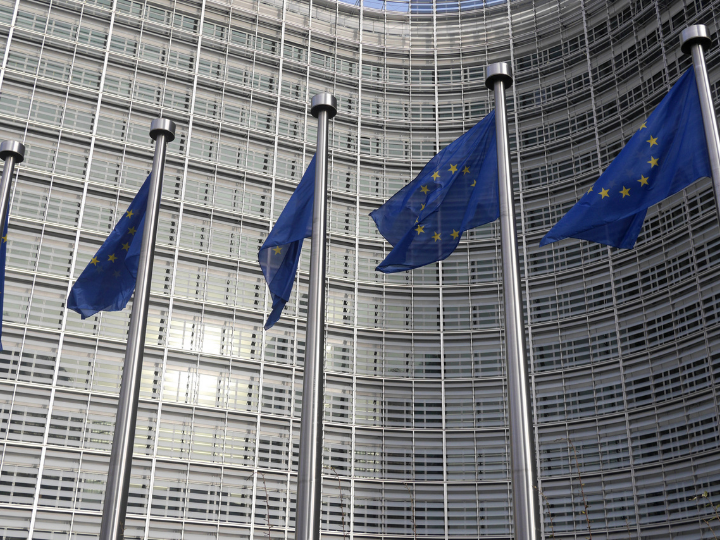by N. Peter Kramer
After five years of negotiations, EU countries have finally agreed on a law that requires large companies to be more open about the taxes they pay. Critics find the law "meaningless" and argue that the corporate lobby has won.
A breakthrough in the fight against tax avoidance? Or just bow to the corporate lobby that opposes this? Reactions varied widely on Wednesday, a day after the European Union agreed on new rules for large companies to provide greater transparency about their tax payments. While MEPs applauded the ’major step forward’, NGOs say the final law is so watered down that it will have little effect.
The new law stipulates that multinationals with a turnover of more than 750 million euros from 2023 must disclose exactly how much tax they pay in each EU country. At present, only tax authorities have access to that information, and the general public often remains obscure about exactly where and how much internationally operating companies pay. A clear, public overview should, according to proponents, shed light on shady structures and thus increase the pressure to pay taxes fairly.
The proposal for mandatory tax transparency dates back to 2016, but was blocked for years by a group of Member States who were reluctant to disclose information. According to proponents, the fact that a large majority of the EU countries, including The Netherlands and Austria, recently agreed to it, shows that there is increasing support for a tougher approach to tax avoidance.
But the original proposal, drafted in response to the so-called ’LuxLeaks scandal’, has been watered down considerably in negotiations in recent weeks. For example, companies only have to disclose information about their tax payments in EU Member States and in a small group of countries that the EU has designated as ’tax havens’.
According to NGOs such as Oxfam and Transparency International, it makes the law ’almost meaningless’, because companies can still conveniently shift profits to countries that are not subject to a transparency obligation. There is also criticism of an exception clause for ’sensitive information’, which companies may protect for another five years.
The agreement comes at a crucial time in the global discussion on fair taxation. This summer, countries will try to reach an OECD agreement on a global minimum income tax rate and a method for taxing companies in countries where they generate their turnover. Those negotiations were recently accelerated by ambitious proposals from new US President Joe Biden .
It increases optimism about a tougher approach to tax avoidance, which, according to calculations by the European Commission, costs EU countries between 35 and 70 billion euros. But the difficult negotiations and the final compromise on the transparency rules also show, according to skeptics, how much large companies can still successfully resist a stricter regime.
Spicy was recently a leaked document in which the French government set out its position on the transparency rules. The document turned out to be copied almost word for word from a lobbying document of the main business club MEDEF.






